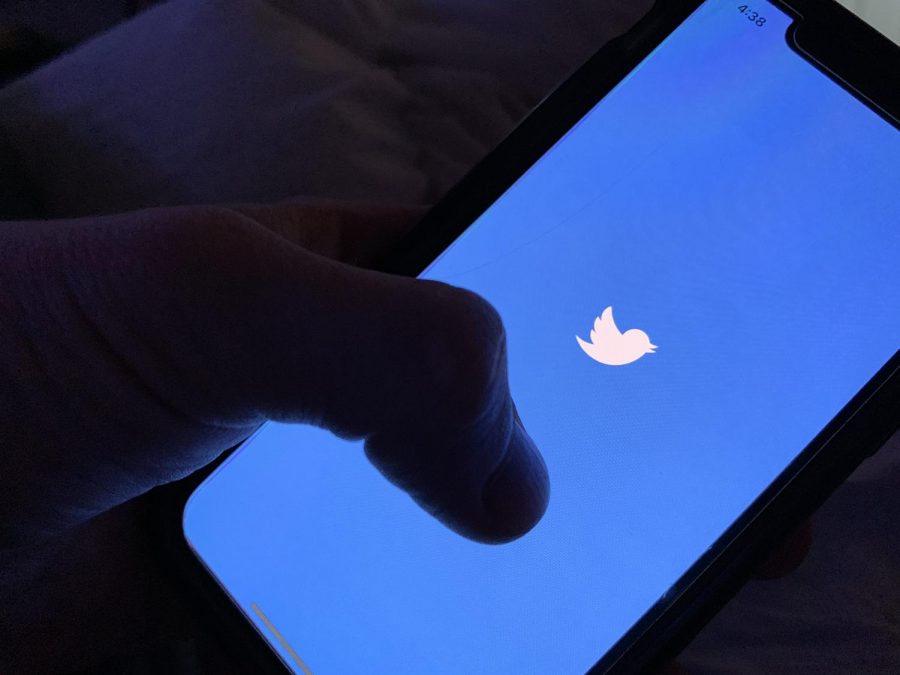Survivors of a pandemic: Young adults take to social media to share their story
April 26, 2020
As we reach the second month of stay-at-home orders, the country slowly has plans to reopen. As of today, the U.S. currently has 964,937 confirmed cases of COVID-19, according to Johns Hopkins University, and the number is only increasing. While a large majority do seem to have recovered, we seldom get to hear their stories.
Recently, many young pandemic survivors have taken to Twitter to share their experiences.
Twenty-five-year-old Bobby Mauro, 23-year-old Anthony Akinsanya and 19-year-old Torian Kent have one thing in common — they were victims of a virus that does not discriminate based on age. None of the survivors traveled abroad\; they came into contact with family members or locals that had the virus.
“We hadn’t left the house for two weeks, except for the grocery shop one time,” Mauro said. “Then, we decided to quickly stop by my parents’ house so they could see my daughter. My father unknowingly had it and spread it to me in that brief interaction. It shows that you can take every precaution, but one small slip up will make you vulnerable.”
According to Harvard Health, a COVID-19 patient may be contagious for 48 to 72 hours before experiencing symptoms of the virus. This makes you extremely able to transmit the virus during that window.
For Akinsanya, it was a different story. Being an essential grocery store worker who has daily contact with people, he could have contracted the virus from anyone. It started with back pains and low energy, and his symptoms worsened as the days went on. He gradually developed loss of appetite, loss of smell, tiredness and fatigue, body aches, phases of hot and cold temperatures, cold sweats, shortness of breath, headaches, migraines, dry cough, chest pains, and dehydration. Out of all of the survivors The Sundial spoke to, Akinsanya reported the worst symptoms.
On the other hand, Norfolk University student, Kent, only endured a 12-hour fever treated with hot liquids and Tylenol — this was his only symptom.
“It’s not as bad as the media portrays it for everybody,” he said. “I feel as though everyone’s experience with (COVID-19) is different. If you have pre-existing health issues, then it definitely would cause you to be in critical condition.”
Once recovered, most agreed the sickness took a toll on their bodies.
“This virus is no joke. I didn’t think much of it until I got it,” Mauro said. “We stayed inside and didn’t socialize, but even that wasn’t enough.” He explained his short interaction with his parents was enough for him to contract COVID-19, so he wishes those around him will take it more seriously.
On the other hand, Kent is feeling better. He advises people to realize we are in a pandemic, that stopping the spread is critical and we can help by staying home.
Akinsanya reflected on his appreciation for our doctors and nurses. He mentioned his mother, a nurse. Because of her, he knows firsthand the drive and dedication these men and women have for helping people. He reflected on how happy he felt that he lived through this and wanted us all to remember those who have lost their lives for years to come.
“The thought of dying crossed my mind because this is a virus where there’s no vaccine or cure so to beat it and still be alive is a blessing from God,” Akinsanya said. “My condolences to anybody that has lost a loved one or someone close to them to this virus. They will not be forgotten and are cherished in our hearts forever.”
